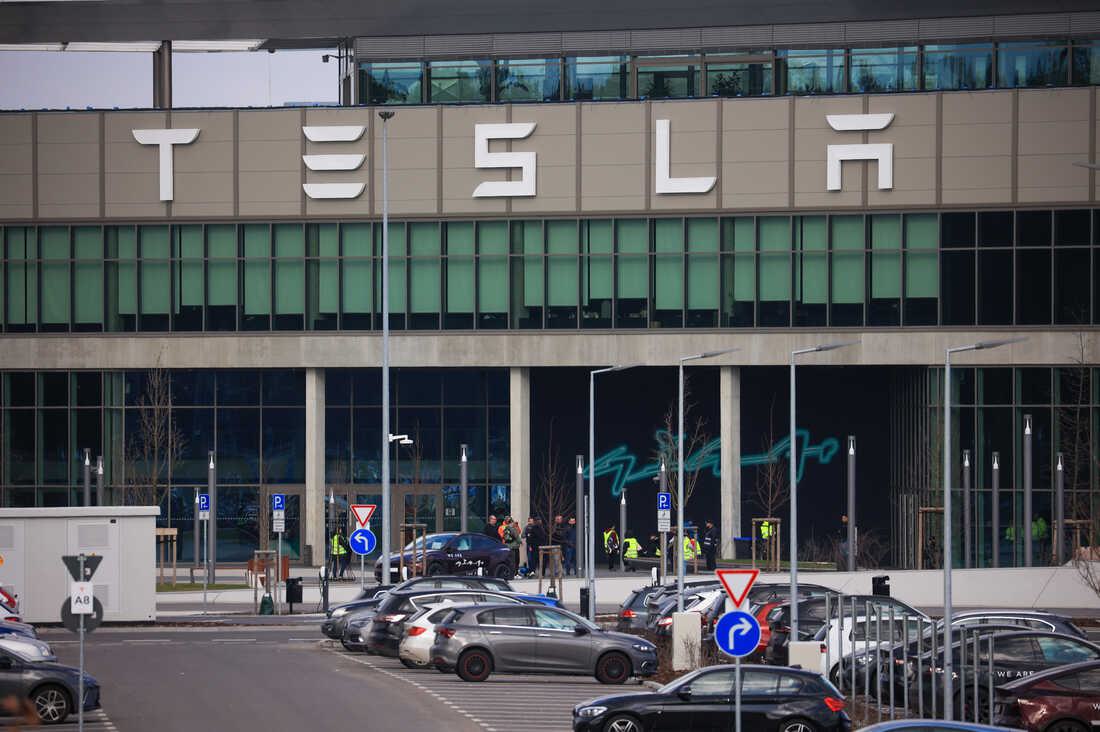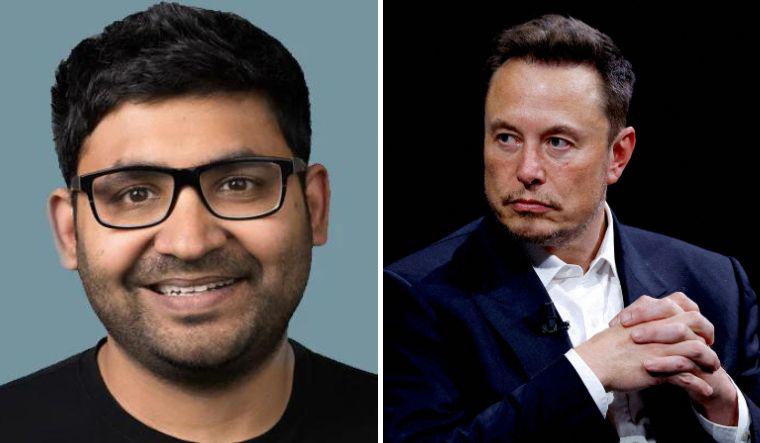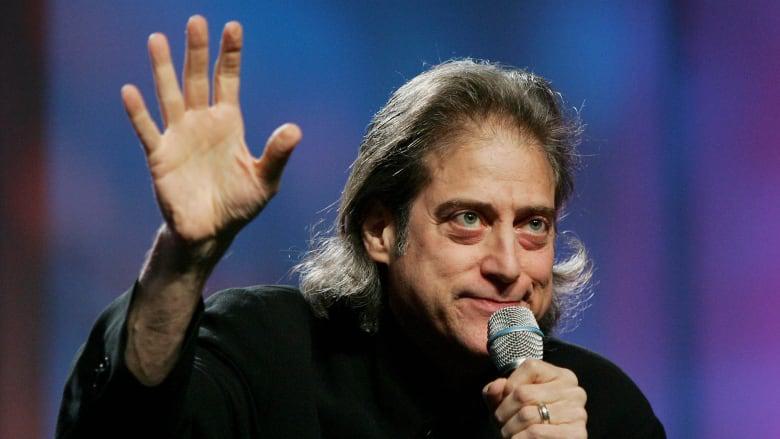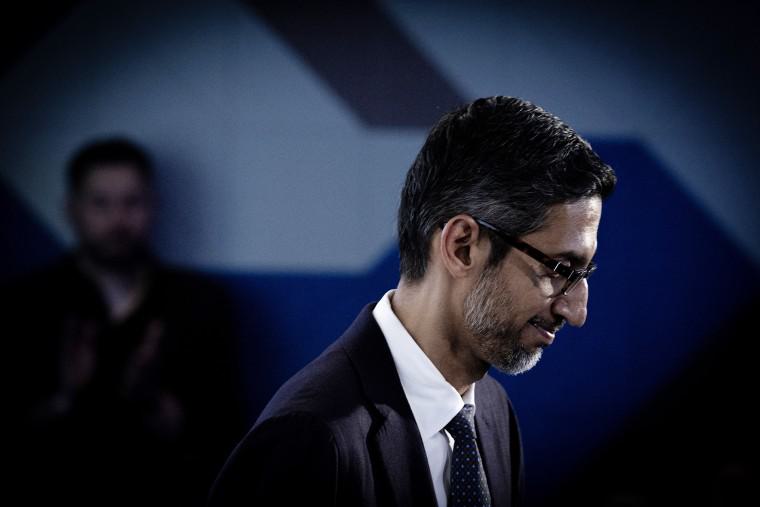Apple CEO Tim Cook wants you to spend less time on your iPhone. - Dispatch Weekly
April 26, 2019 - Reading time: 5 minutes

Tim Cook says the tech industry must be more regulated or society could be facing great damage.
“We all have to be intellectually honest, and we have to admit that what we’re doing isn’t working. Technology needs to be regulated. There are now too many examples where the no rails have resulted in great damage to society.”
Tim Cook has been urging people to spend less time on their iPhones. The Apple CEO spoke at the TIME 100 Summit yesterday, he discussed the addictive nature of tech devices, tech regulations and the role of Apple in these matters. He said the company hadn’t intended for people to be constantly using their iPhones and noted he himself has silenced his push notifications in recent months.
He explains “Apple never wanted to maximize user time. We’ve never been about that”
This claim seems to be pretty interesting, seeing as it was Apple that designed a system to allow app developers to constantly ping notifications their user’s devices – anything from a new level on a game to a sale in a shopping app to a new follower on a social app plus so much more.
The very idea behind the notification platform is that developers can actively — and in real time — try to capture users’ attention and redirect them back to their apps.
This is not how it had to be designed.
The app notification platform could have been crafted in a way to allow app developers to notify users in batches, giving users’ control of the intervals that the notifications appear. For example, users could have specified that every day at noon they’d like to check in on the latest from their apps.
Another option could have been to have implemented a “news feed” of sorts within the App Store structure — a dedicated channel wherein users could opt to check in on all the latest news from their installed apps.
Or perhaps Apple could have structured a notification platform that would have allowed users to pick between different classes of notifications. Urgent messages — like alerts about a security breach — could have been a top-level tier; while general information could have been sent as a different type of notification. Users could have selected which types of alerts they wanted, depending on how important the app was to them.
“We are advocating strongly for regulation – I do not see another path at this point,”
Technology needs to be regulated. There are now too many examples where the no rails approach has resulted in great damage to society.”
He pointed to Europe’s stringent GDPR data privacy rules as an example that US lawmakers could slowly emulate, while suggesting that the EU could continue to improve on those rules as well. “Europe is more likely to come up with something. GDPR is a step in the right direction,” Cook added.
“We are advocating strongly for regulation — I do not see another path at this point,” Cook said.
At the same time, Cook says Apple is also responsible for improving data privacy for users — a topic that’s recently become part of the company’s marketing strategy as well. “We cannot look for the government to solve all of our problems,” he said. He also told Time that “Apple doesn’t have a PAC [political action committee],” an organization that helps fund political candidates. “Apple’s probably the only large company, or one of the few, I would think that doesn’t have a PAC. I refuse to have one because it shouldn’t exist”
“The company donates zero to political candidates,” Cook stressed.
Cook was also questioned by Time about a study that showed how people touch their screens thousands of times a day. He replied humorously, “Well, you shouldn’t be doing that.” He later added, “If you’re looking at your phone more than you’re looking at people’s eyes, you’re doing the wrong thing. We don’t want people using their phones all the time. This has never been an objective for us.”

DW Staff
David Lintott is the Editor-in-Chief, leading our team of talented freelance journalists. He specializes in covering culture, sport, and society. Originally from the decaying seaside town of Eastbourne, he attributes his insightful world-weariness to his roots in this unique setting.




